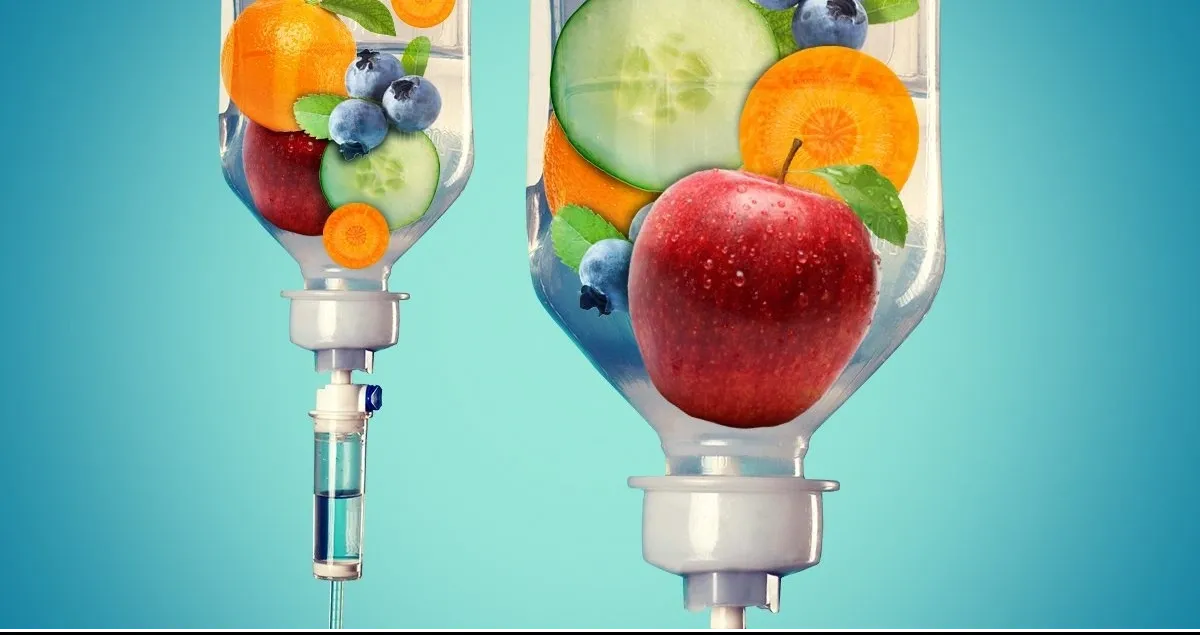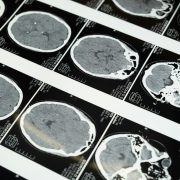Many people who want to be healthy often try to eat a balanced diet and get regular exercise. However, most foods today simply do not contain the nutrition they did in the past. If your goal is to improve your physical and mental health, your body may still require essential nutrients.
IV nutrition therapy is an effective mechanism for delivering nutrients into your body. Recently, has gained immense traction. Its appeal lies not just in its physical benefits but also in its positive impact on mental well-being.
In this piece, we delve into the intricate relationship between nutrients and mental health. Additionally, we examine how IV Nutrition Therapy can influence mental wellness.
How Does Our Diet Affect Our Mental Health?
Did you know that what you eat affects your brain function and, ultimately, your mood? It’s true! The human body is like a well-oiled machine and the brain its main motor.
Motors require good oil to work efficiently. Proper lubrication allows the machine to operate smoothly, reducing wear and tear. The body functions similarly. Nourishing the brain requires a balanced, nutritious diet rich in antioxidants, macronutrients, and micronutrients.
However, consuming foods high in refined sugar and lacking nutrients can impair bodily processes. These foods disrupt hormonal production, including insulin, serotonin, and sleep hormones, causing oxidative stress.
Nutritious foods fuel the body and brain, ensuring optimal function. In contrast, nutrient-poor, sugary items undermine health by disturbing crucial biochemical pathways.
Studies show that an unhealthy diet is associated with higher chances of mood issues, like depression. The reason is that serotonin is made in our gut.
Serotonin controls sleep, hunger, mood, and pain. So, a good diet is key for balanced serotonin levels.
The colonies of countless “good” bacteria that line the digestive tract are essential. They help manufacture many of the nutrients that come to us from food. They help supply about 95% of our bodies’ serotonin.
A healthy diet boosts the bacteria count by the multibillions, while an unhealthy diet may cut their numbers just as sharply, which in turn may cut our supply of serotonin and our ability to combat stress and anxiety.
Nutrients That Impact Our Mental Health
Health experts say eating right helps with mental wellness. Besides therapy, medication, and exercise, they advise people to watch what they eat. Let’s explore crucial nutrients that have a powerful effect on our mental health:
1. Omega 3-Fatty Acids
You can find omega 3 fatty acids in oily fish, flax seeds, and walnuts. These nutrients help increase blood flow to the the brain so that it can work well. Omega 3 fatty acids boost your memory, learning and other cognitive functions. Without enough omega 3s, you may feel tired, confused, moody, and sad.
2. B-Complex Vitamins
B-complex vitamins are nutrients found in many foods. For example, you can find them in beans, veggies, meat, dairy, oranges, and legumes. Not getting enough B-complex vitamins can contribute to the development of mood issues like depression. They also help to keep your energy up.
3. Vitamin D
During winter, humans are more likely to feel sad or depressed. Do you know why? Your body takes in Vitamin D from sunlight. Vitamin D plays an important role in the development of and helps your brain to work properly. Vitamin D is also essential for your bodies to make important hormones like dopamine and adrenaline. If you lack Vitamin D, you may tend to feel sad, exhausted, and weak.
4. Probiotics
Good serotonin generation depends on a healthy gut microbiota. This is because the microbes in your gut aid in digestion, which in turn contributes to serotonin production.
Probiotic foods are rich in healthy bacteria and should be a regular part of your diet. However, many people do not consume enough probiotics foods to maintain good physical and mental health. Studies show that individuals with chronic digestion issues are at higher risk of depression, anxiety, ADD/ADHD, and neurological disorders.
5. Magnesium and Selenium
Magnesium and selenium are two other essential micronutrients that are required for our brain and body to function efficiently. They are needed for the synthesis of thyroid hormones, estrogen and progesterone. They also help to lower oxidative stress. Magnesium and selenium deficiencies are associated with poor sleep, depression, and other mental health issues.
Impact Of IV Nutrition Therapy On Mental Health
IV (intravenous) nutrition therapy quickly delivers nutrients into the bloodstream. This helps the body absorb them fast and well.
People with nutrient deficiency illnesses such as Crohn’s disease, celiac disease, and cystic fibrosis can benefit greatly from IV nutrition therapy. Even individuals with mental concerns may improve with this form of treatment. A few mental health benefits of IV nutrition therapy are outlined below:
1. Reduces Symptoms Of Anxiety and Depression
IV treatment gives important nutrients for example, Vitamin D, B-complex Vitamins, Selenium, and Magnesium. These help serotonin production. Healthy serotonin levels ease symptoms associated with anxiety and depression.
2. Reduces Stress
Stress caused by work, family, or health issues can lead to mental health difficulties. IV nutrition therapy provides a high dosage of magnesium and Vitamin C, which helps helps you to relax and manage stressors in a healthy way.
3. Improves Sleep
We all know that sleep has a major impact on our mental health. Lack of sleep or poor quality sleep can intensify the symptoms of mental health disorders and can lead to irritability, tension, and anxiety.
may be caused by a lack of essential nutrients. Intravenous nutrition therapy replenishes vital vitamins, minerals, and amino acids. This includes vitamin D, magnesium, and others.
Replenishing these nutrients can help to regulate sleep cycles and enable quality rest. Additionally, it promotes melatonin and selenium production, which helps to stabilize your mood and overall well-being.
4. Aids In Addiction Recovery
Illicit drugs and alcohol are highly addictive substances that offer no nutritional value. Even a brief exposure to these chemicals may impair your ability to think clearly and make wise decisions in the short term. Many mental health symptoms are exacerbated by drug and alcohol abuse. These substances also disrupt your blood flow and may damages a number of your organs such as your pancreas and liver.
Individuals who are addicted to drugs and alcohol may have trouble absorbing nutrition efficiently. For this reason, IV nutrition therapy may aid the addiction recovery process. IV nutrition therapy supports the detoxification of free radicals in your body. It also helps to improve liver function.
Conclusion
If you have poor mental health, it is virtually impossible to have a good quality of life. While there are a number of situational and genetic factors that may contribute to your mental health, it is important to remember that hormonal imbalances and nutrition deficits also play a key role. This is where IV nutrition therapy may help. By using IV nutrition therapy to address these issues, you may be well on your way to a healthier and happier life.
The post first appeared on .



